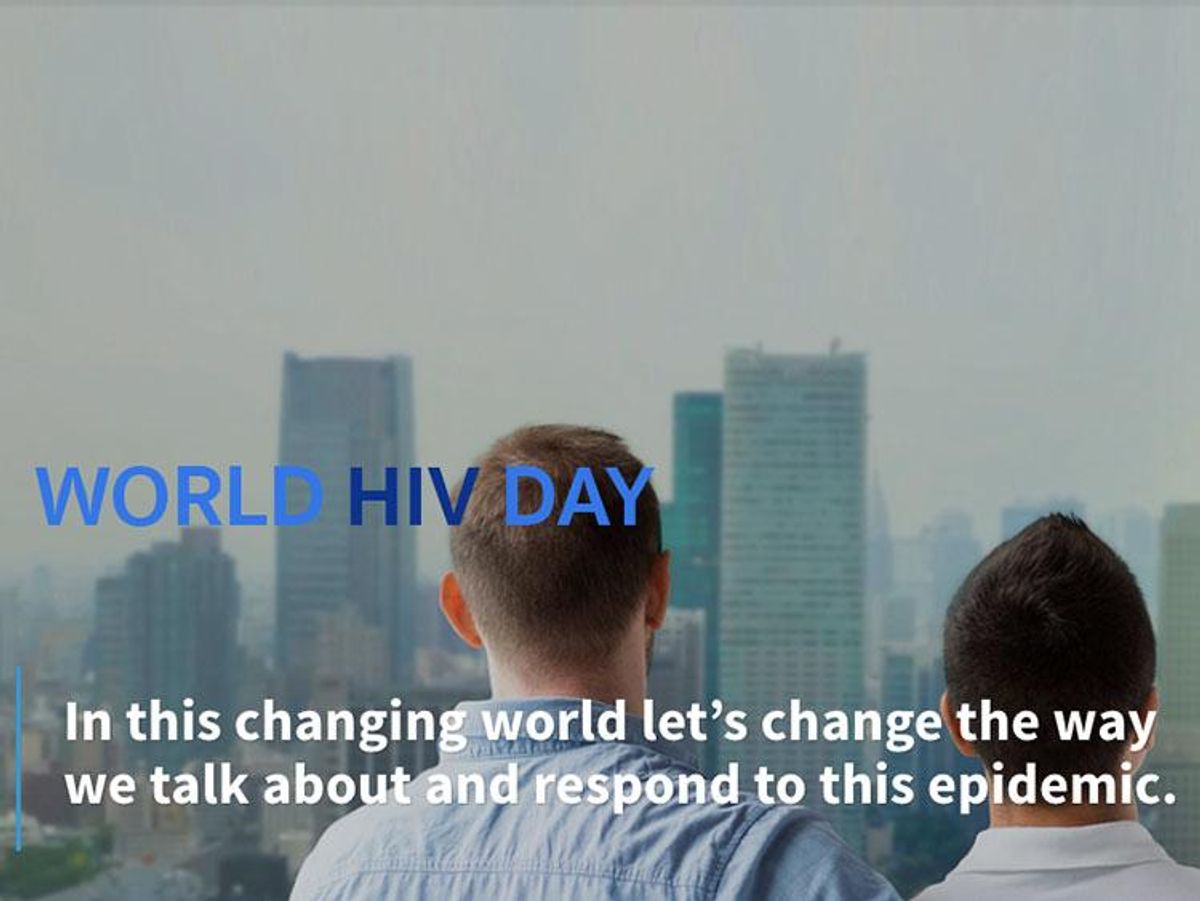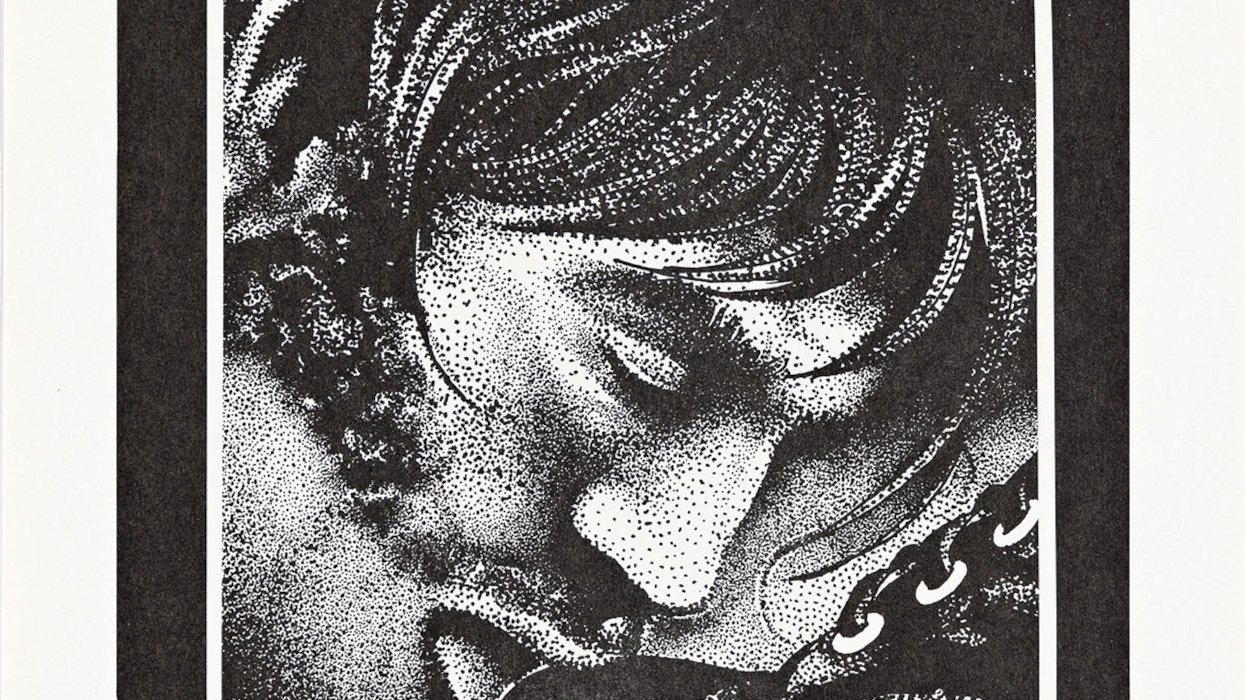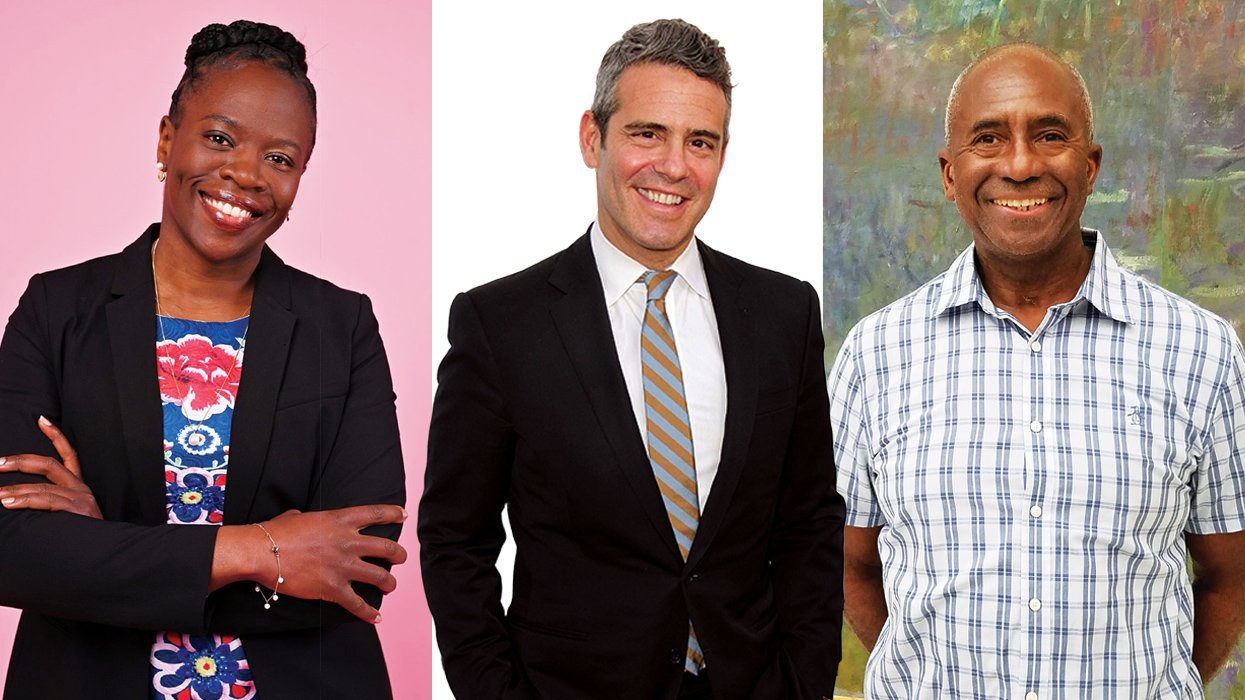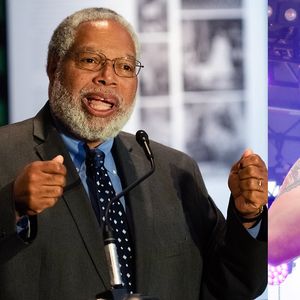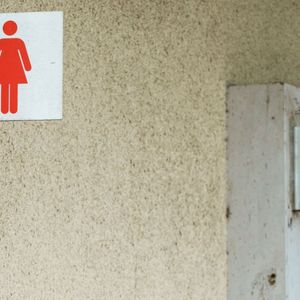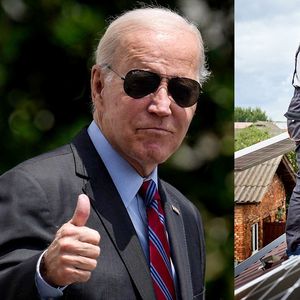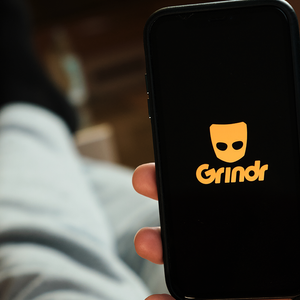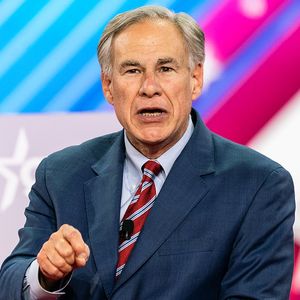After 35 years it’s time for a reboot of this longstanding awareness day. Science has changed. The world has changed drastically. Let’s change the way we talk about and respond to this epidemic. It’s time for December 1st to be World HIV Day.
You and your organization can sign on to support the initiative to make December 1st World HIV Day.
Language matters. The terms AIDS was created after the spectacular misnomer GRID, Gay Related Immune Deficiency, was originally used to refer to this disease. When the virus was discovered, HIV became a more precise way to refer to a virus as opposed to an arbitrary syndrome. There is a very clear distinction between a virus and a syndrome yet it’s not uncommon to see people use HIV and AIDS interchangeably. By advancing World HIV Day it can be the first step in rebooting the conversation around this epidemic and focusing our attention on key populations and the structures that render people vulnerable to this disease.
There is a history of evolving language around HIV, aside from GRID. In the early days it was common for media to refer to people as AIDS victims or AIDS sufferers. Communities mobilized to ensure that the people living with HIV were described in a way that wasn’t assigning blame or based in pity. The same changed happened with mother to child transmission moving to the phrase vertical transmission. People understand that how we talked about transmission and the people living with the disease had an impact on perception, culture, and stigma.
The way we describe sex and risk had evolved too. The CDC no longer refers to sex without condoms as “unprotected” but simply as “condomless” sex. This was an attempt to speak more precisely about how one can choose to have sex without condoms but still be protected from HIV. We’ve seen a revolution happen around prevention and our language has adapted accordingly with such things as Truvda whore, or PrEPster.
Our history is full of example of language that has been used to lift of marginalized communities or call attention to injustice. We can seize on this opportunity and choose to focus our attention on the structural issues that are at the heart of this epidemic. There is no scientific reason that someone should die from this disease. Deaths are due to social determinants, such as, poverty, homophobia, racism, sexism or lack of access to health care.
Language is how we express ourselves and words can move people. We’ve witnessed one of the best examples about the power of language around the discussion of pronouns. Language has been a key issue in the very important fight for transgender rights. Using someone’s preferred pronoun isn’t semantics but an opportunity to affirm the dignity of another person.
We learn from these struggles, we adapt, and we are stronger for it. Let’s challenge ourselves and seize the opportunity to shift the narrative. World HIV Day can reboot our conversation about this epidemic so that our efforts aren’t just about a virus but about the complex lives of our communities. December 1st can be a day when we come together in solidarity to confront the complicated realities of our humanity advance an agenda of social justice. We can do more than end an epidemic. We have the power to not just change our words but change the world.
